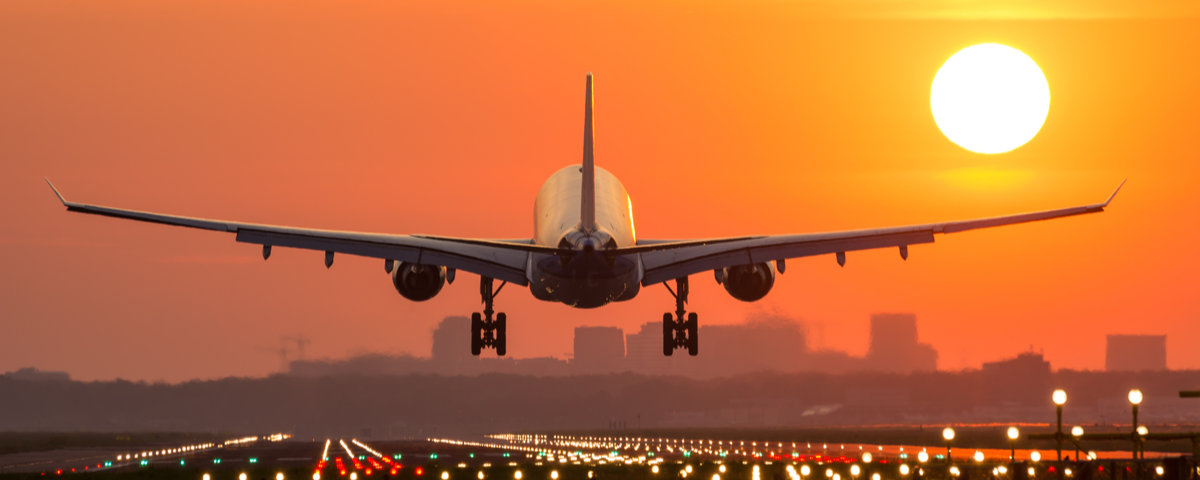Airlines had hoped that by now, they’d be seeing significant signs of travel recovery, but reality bites. COVID-19 and politicians had other plans. Short haul airlines around Europe saw a modest flurry of summer activity lasting for little more than July and August with customer confidence plunging as quarantine roulette intervened.
Globally, countries with significant domestic markets have seen more encouraging traffic figures, but long haul air travel is another story. Minimal passenger flights due to border closures and quarantines means that long haul remains in a state of widespread shut down. It’s especially challenging for airlines dependent on normally buoyant markets like the North Atlantic, which are essentially closed.
Even without a pandemic to contend with, the winter season is normally tough, but this time I’ll be surprised if we get through without some high profile airline casualties. Revenue is, at best, trickling in and cash is being burned at a rate of millions of pounds a day.
The industry is screaming for a number of actions to facilitate the restoration of safe travel and allowing customers to travel with confidence, but it seems to be falling on deaf ears.
There are too few examples of Governments listening to the industry’s suggestions and showing willingness and urgency to collaborate with it and help it get off its knees. They appear to have overlooked the value of the air transport industry, not only for its direct employment, but as an essential enabler for tourism and the broader economy on which millions of jobs depend.
Pre-departure testing is a key part of what airlines are asking for and is seen as a means to allow the reduction of or preferably elimination of quarantines.
A great deal of work is going on in the airport environment to automate large parts of the passenger journey, reducing the impact of social distancing and providing a touchless experience. This will ultimately reshape the future travel experience in positive ways beyond the necessity of tackling the pandemic.
Make no mistake, it is a time of fundamental change for the industry. It will certainly be smaller in size for the next several years, with a different mix of aircraft and a likely evolution in the type of products offered.
As the Boeing 747 “jumbo” and even many younger A380’s are being retired, we’re saying goodbye to the largest planes. Boeing has just published its 20 year market outlook for aircraft and sees 11% less demand than in the previous year’s forecast and with airlines expected to focus on smaller single aisle aircraft.
There is the prospect of empty business class seats as companies turn to video conferences to cut travel costs. For some airlines, who depend on the high margins of this traffic for profitability, this could necessitate radical changes to their business models.
An innovative and creative approach will be required to tackle these challenges and while it is not yet clear what the new landscape may look like, for some airlines there will be opportunities. Our WTM guest airlines Ryanair and JetBlue look well placed to exploit these and I’m looking forward to discussing with their CEO’s, Michael O’Leary and Robin Hayes. Whatever you do, don’t miss these sessions!

